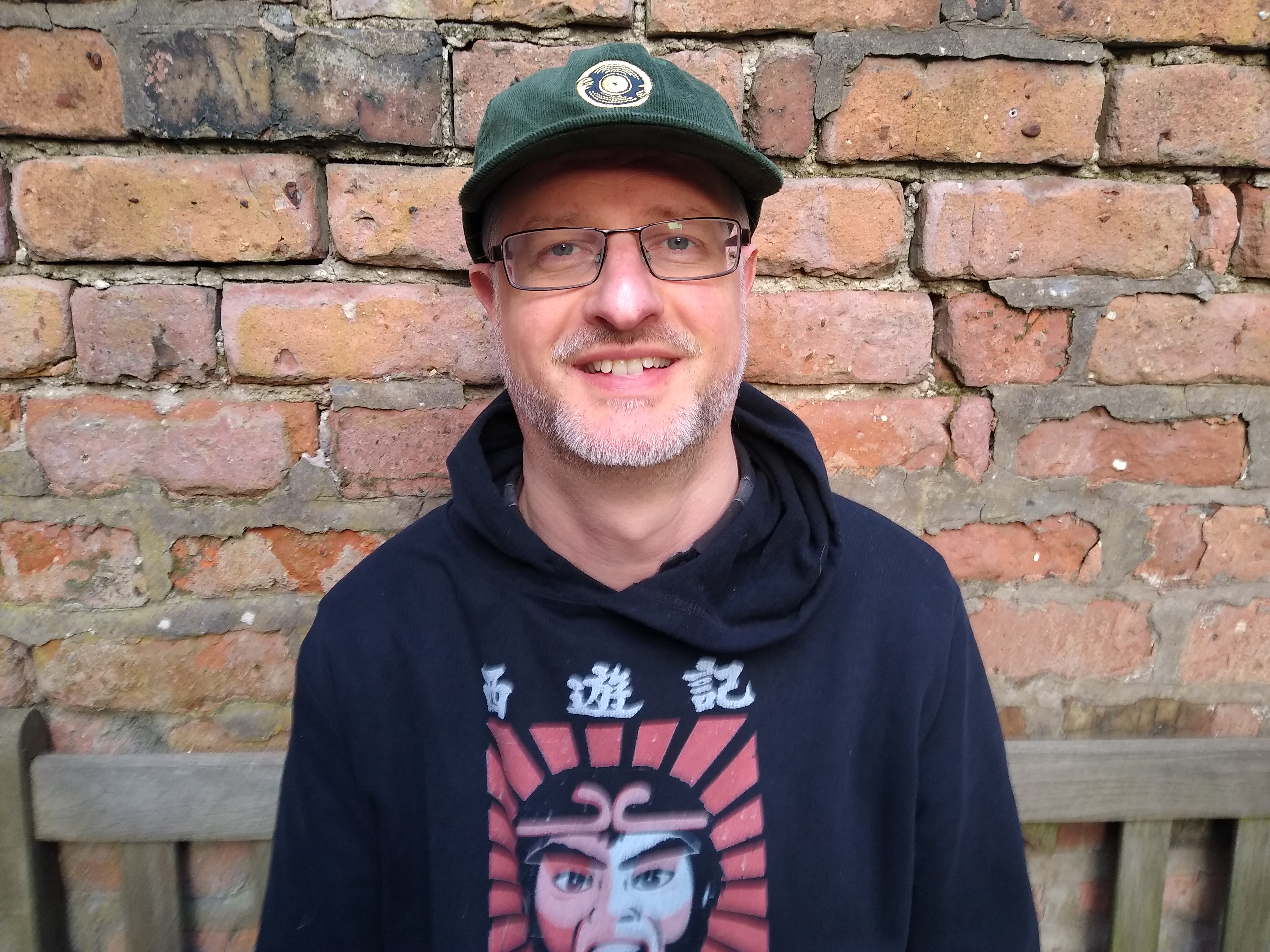- Home
- About Us
- Study with Us
- FMT Doctoral School
- Research
- CARPE
- Collaborations
- EDI
- People
- Film
- Music
- Theatre
Events
FUAIM Lecture: The Persistence of the Underground: Liverpool’s Dance Music Scenes from Capital of Culture to COVID-19, 11/04/24 11:00am, Ó Riada Hall

Based upon my PhD thesis, this talk examines the emergence of distinctive dance music scenes in Liverpool after the city’s year as European Capital of Culture in 2008.
Developing largely autonomously to civic designs, these scenes converged around party spaces fashioned by the repurposing of old industrial buildings, clustered in brownfield sites on the city-centre’s periphery. In this talk I will outline the history of these scenes and their participants’ engagement with the concept of the underground, exploring what is understood and meant by this term when used in contemporary practice. Building from this concept I will chart the impact underground parties had on Liverpool’s cultural life, arguing that such scenes were crucial in creating an aura of vitality amidst the city’s nightlife. I then draw a line from these parties to national newspaper articles which designated Liverpool as ‘the coolest place to live in the UK’; a labelling which helped usher in rampant residential building in the very areas established as party zones. Post-COVID-19, this contestation continues, enacting a familiar cycle of urban redevelopment and venue loss. Yet new venues and party nights emerge, aligned to the concept of the underground which I argue point its persistence in the face of gentrification.
Richard Anderson is a PhD candidate at the University of Liverpool. His thesis, The Persistence of the Underground: The Evolution of Liverpool's Dance Music Scenes, from Capital of Culture to COVID-19, employs an ethnomethodological approach to explore the post-2008 proliferation of underground parties in Liverpool. Commencing immediately prior to COVID-19’s onset, the project’s design was adapted to capture the pandemic experiences of dancers and scene infrastructure personnel as they navigated this uncertain time. The study provides a rare analysis of their reflections and sense of loss induced by the sixteen-month cessation of social dance activities. The thesis also charts the return to dancefloors in 2021 amidst significant post-COVID-19 economic impacts and the ongoing threat of gentrification facing dance venue spaces in the city. Richard is also a researcher at the Live Music Mapping Project, an international collaboration of researchers and live music stakeholders developing digital mapping technologies and methodologies to better understand the impact of shifts in the global music economy and national/local level policy changes on local live music ecosystems. It aims to use data to inform the public, policymakers, and various stakeholders towards best practices and potential solutions to the challenges facing live music sectors.
Richard will be presenting remotely, and the talk can be attended online here.
